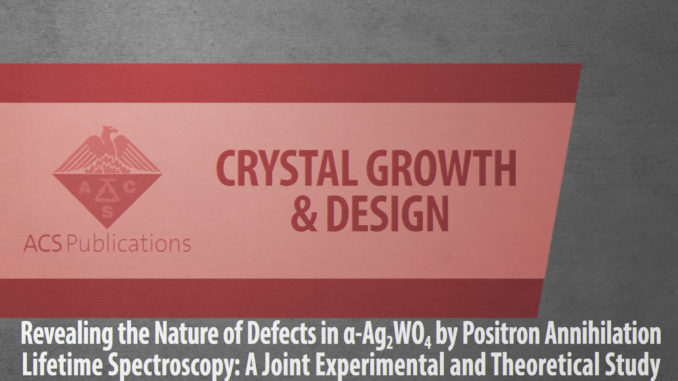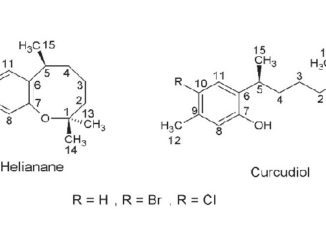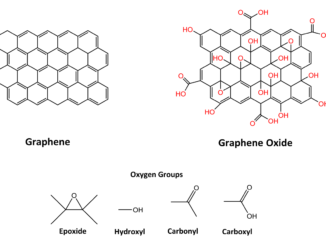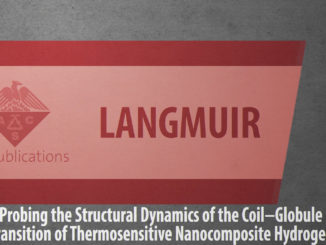
Revealing the Nature of Defects in α-Ag2WO4 by Positron Annihilation Lifetime Spectroscopy: A Joint Experimental and Theoretical Study
Abstract: Electron–matter coupling is a fascinating way to tune and modify the properties of materials. In this work, we present a study on the formation and nature of vacancy-like defects in α-Ag2WO4 samples synthesized in a water or ethanol medium and subsequently submitted to electron beam irradiation at different exposure times. To understand the effects on the geometrical and electronic nature of the generated defects, the data obtained by positron annihilation lifetime spectroscopy were interpreted with the aid of first-principles calculations at the density functional theory level. To complement these results, X-ray diffraction, Raman spectroscopy, photoluminescence emissions, and field emission gun scanning electron microscopy techniques were also used. Based on the positron binding energy and the calculated and experimental positron lifetimes, the defect structure of the nonirradiated and irradiated samples was revealed. As a general feature, it was found that the defect structure is more complex for samples synthesized in ethanol than in water. In particular, the results show that all samples contain defects involving Ag vacancies and that the concentration of this type of defect increases with the irradiation time.
Author(s): Assis, M.; Ponce, M.A.; Gouveia, A.F.; Souza, D.; Costa, J.P.C.; Teodoro, V.; Gobato, Y.G.; Andrés, J.; Macchi, C.; Somoza, A.; Longo, E.
Cryst. Growth Des
Published: January 25, 2021
DOI: https://doi.org/10.1021/acs.cgd.0c01417
CDMF
The CDMF, hosted at the Federal University of São Carlos (UFSCar), is one of the Research, Innovation and Dissemination Centers (RIDC) supported by the São Paulo State Research Support Foundation (Fapesp), and also receives investment from the National Council Scientific and Technological Development (CNPq), from the National Institute of Science and Technology of Materials in Nanotechnology (INCTMN).




